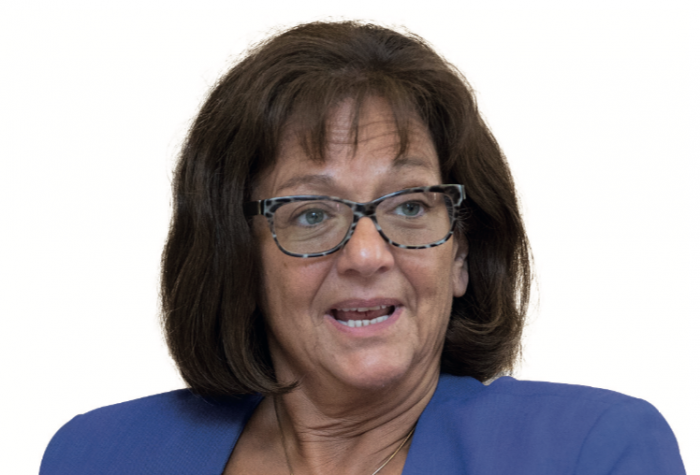The speed with which emergency pension measures have been announced is a testament to the severity of the situation, but also reflects a welcome departure from past measures which have often taken far longer to introduce.
The Government has been acting in record time on many fronts, trying to do ‘whatever it takes’ to protect people’s jobs and businesses during this unprecedented disruption to our way of life and economic activity.
Auto-enrolment contributions are being protected for furloughed workers in the Coronavirus Job Retention Scheme. The decision to ensure workers’ auto-enrolment pension contributions are not lost when they are temporarily unable to work due to Covid-19, is hugely welcome. It had been feared – and was called for by some commentators – that the Government would decide to suspend auto- enrolment pension contributions in response to the labour market turmoil. However, ministers have decided that the Coronavirus Job Retention scheme will not only replace 80 per cent of workers’ wages up to £2,500 a month, but the temporary scheme, running from March 1st for at least three months, will allow employers to reclaim from the Treasury the minimum auto-enrolment pension contributions for each worker in addition to the employer National Insurance payments.
The auto-enrolment protection will not reimburse employers who are making pension contributions above the legally required minimum. The law only requires employers to contribute 3 per cent of so-called ‘band earnings’. The maximum amount of pension contribution the Government will pay will be £59.40 a month, for someone who receives the maximum £2,500 per month. The Government has had to make a difficult decision, between protecting pension contributions in full, and controlling costs to the public purse.
Those currently paying more than auto-enrolment minimum will not be reimbursed for the additional sums but employers and workers can consult on cutting to the minimum. If the employer still wishes to reduce contributions, it would need to consult with the workforce and agree new arrangements. Of course, workers can still decide to save money by opting out of auto- enrolment, but this would mean they would then lose the employer pension contributions too. The behavioural success of the auto-enrolment project has shown that most people are willing to make pension contributions on a regular basis, if they do not have to actively decide or arrange to do this themselves. By abandoning auto-enrolment, even just through the crisis, the impacts on long- term pension provision could be severe.
The Pensions Regulator has also announced further emergency measures to help pension schemes through the current economic and market turmoil, putting DB transfers on hold for three months.
As asset prices have fallen significantly, many illiquid assets are not trading readily in the current crisis and pension scheme valuations are likely to be unreliable while the present disruption prevails. There have been concerns that people transferring money out of their DB pension schemes at the moment could be damaging either the scheme’s or their own future. This sensible and pragmatic decision will help to protect scheme members who are at heightened risk of scammers while more people are at home or not working, and while the markets are in turmoil. Given the market volatility and violent asset price movements, nobody can be sure of the accurate value for scheme assets or liabilities. Therefore, the calculation of Cash Equivalent Transfer Values is likely to be unreliable and the problems being experienced in pensions administration while such volatility persists will be magnified by transfer requests.
Trustees can also agree to allow employers to halt Deficit Repair Contributions for three months. Trustees will need to agree this with the employer, but if they judge that the business emergency means employers would be unable to afford these additional contributions (ongoing contributions for open schemes should not be suspended) then the regulator permits the trustees to suspend collection of deficit contributions for the next three months.
It is clear that the suspension of deficit contributions must also be accompanied by other measures from the employer, including not paying dividends to shareholders. It would be unacceptable for firms to pay shareholders while withholding cash from the pension scheme.
